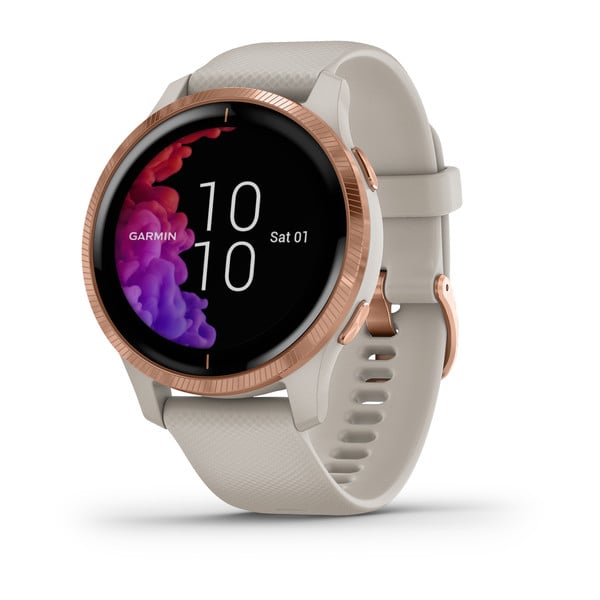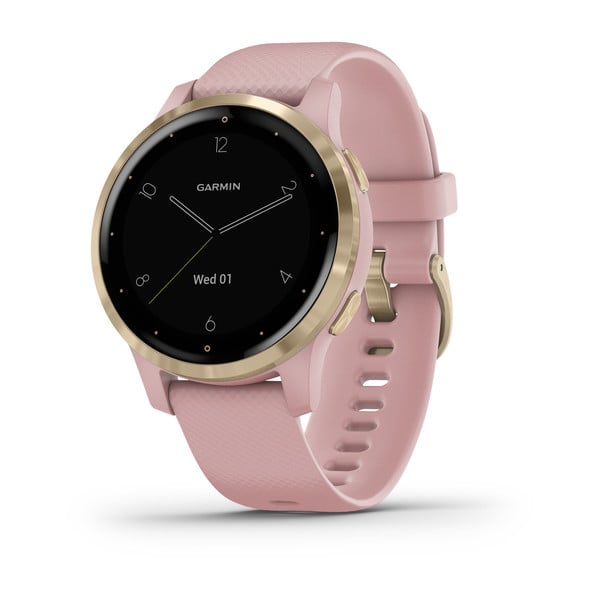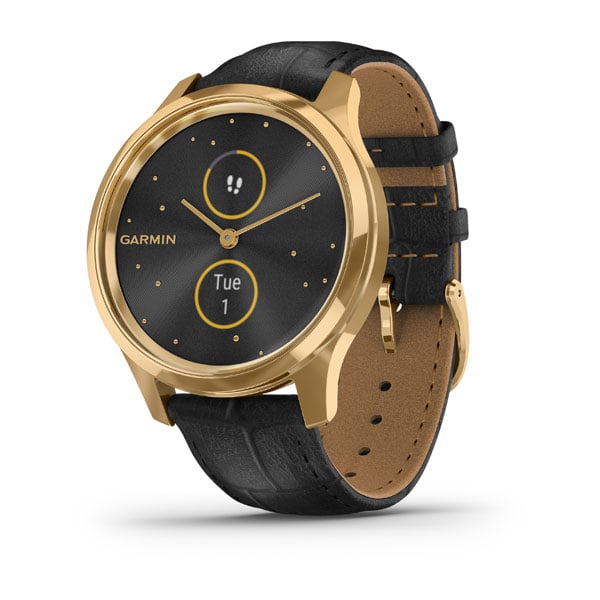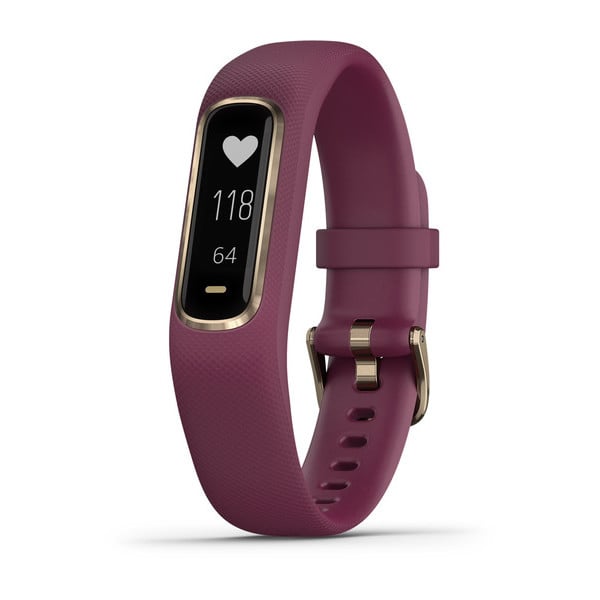
3 Simple Ways to Reduce Stress
By Riikka Lamminen, Content Manager, Firstbeat
Stress is not just a vague feeling of being overwhelmed, anxious or exhausted. It’s a physiological phenomenon that can be observed and measured. When you are under physical, mental or emotional stress, your body releases a complex mix of hormones and chemicals. This release can cause several reactions, such as increased blood pressure, heart rate and muscle tension. By analyzing beat-to-beat changes in your heart rate, Firstbeat and Garmin make it possible to monitor your all-day stress and recovery.
Good stress, bad stress
It’s important to keep in mind that stress is not necessarily a bad thing. Positive stress helps you focus on work and accomplish tasks. High stress levels may also indicate that there is something exciting and thrilling going on in your life. Negative stress causes anxiety and discomfort. It can make you feel powerless and decreases your performance.
Both types of stress are unavoidable parts of life. The goal is not to eliminate stress but to manage it and find the balance between stress and recovery.
You don’t always need long mindfulness exercises or a yoga retreat to relieve stress. You can manage your stress with these three simple tips:
1. Keep fit.
The way exercise reduces stress is slightly paradoxical. When you exercise, your sympathetic activity increases and parasympathetic decreases, which leads to the release of stress hormones and other physiological responses. Thus, exercise is actually a stressor for your body.
However, it has been shown that regular exercise and good fitness produce physiological adaptations that improve your body’s ability to de-stress. A study, which used Firstbeat’s Bodyguard measurement, shows that physical activity is associated with lower objective stress on workdays.
If you train regularly, not only does your VO2 Max increase, your Fitness Age decreases, and your ability to recover from stress also improves!
2. Avoid alcohol.
Enjoying a glass of wine, a few beers or more is a common response to stress. But just because you feel relaxed doesn’t mean you are off the hook, physiologically speaking. Alcohol is a huge stressor for your body. It induces the stress response by stimulating the sympathetic nervous system, which in turn releases stress hormones and increases blood pressure and heart rate.
Alcohol also reduces the effectiveness of your sleep, which can make feelings of stress and anxiety even worse. A scientific study, based on the Firstbeat’s database, shows that even a single drink can be enough to reduce the restorative quality of sleep.
3. Just breathe.
Controlled breathing is probably the easiest way to de-stress. The method is based on the vagus nerve, which oversees a vast range of crucial functions like heart rate, food digestion and breathing.
Although autonomous nervous system is largely out of our control, you can impact the vagus nerve by controlled breathing. Deep and slow abdominal respiration activates the vagal nerve and triggers a relaxation response. (Wang et al. 2010.) Select Garmin smartwatches feature Breathwork activities that lead you through different breathing techniques to help reduce stress.








